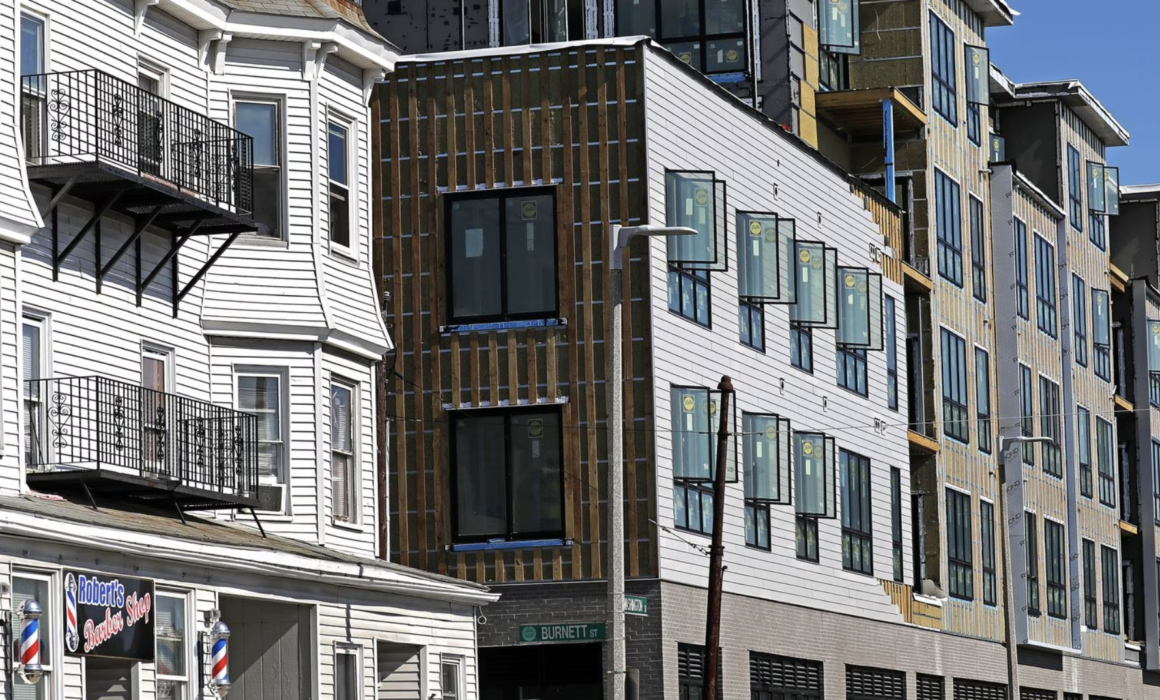
That dream house, or any house for that matter, is drifting further away for most would-be homebuyers around here.
Home prices in Greater Boston continued to march upward in July, notching a new record high for the second time in three months. The median-priced single-family home in the region sold for $910,000, an 8.3 percent increase from the same month last year, according to figures out Monday from the Greater Boston Association of Realtors.
Those sky-high prices are thanks to a cycle that is ensnaring housing markets across the United States: Demand from buyers remains strong, despite mortgage interest rates that are substantially higher than they were two years ago. Yet those higher rates are keeping would-be sellers on the sidelines — as any mortgage they’d take on a new home would be more expensive — and so few new houses are hitting the market, especially in housing-starved regions like Greater Boston.
“With fewer properties available for sale, sellers are taking advantage by commanding top dollar,” said association president Alison Socha, an agent with Leading Edge Real Estate in Melrose. “We’re also seeing more multiple offer situations and sales over asking price which is putting additional upward pressure on prices.”
Condominium prices are up too: the median-priced condo in GBAR’s coverage area, which includes much of Greater Boston but not the North or South Shores, went for $735,000 last month, a 7.8 percent increase from July 2022.
Typically, rising prices are a good thing for homeowners who are thinking about selling, because their home may sell for above its market value. But interest rates are keeping many sellers out of the market.
Last week, the average rate on a 30-year fixed-rate mortgage was 6.96 percent, according to Freddie Mac, much higher than rates have been at any other time over the last decade. The vast majority of current homeowners, meanwhile, enjoy rates somewhere between 2 and 3 percent.
So even though their home may sell for above market value, the monthly costs on a new purchase — even at the same price— could soar.
Those rates are scaring buyers, too, said Socha, but there is so little inventory in Greater Boston right now, there will always be enough buyers for what’s being put on the market.
It’s clear how powerful a deterrent higher mortgage rates have proven to be: Just 1,193 homes were on the market last month, around 30 percent fewer than the 1,700 available in July 2022. June and July are typically two of the busiest home-buying months, but activity this year has been the lowest the region has seen in more than a decade.
Only 1,063 single-family homes sold in July, a 23.4 percent drop from the same time last year. It was the lowest number of July sales recorded since 2010, and second fewest in the last 20 years. Condominium sales fell by 16.7 percent.
“We haven’t experienced a buying season this sluggish, with sales so hard to come by, since we were emerging from the Great Recession,” said Socha. “This year has been especially frustrating for prospective buyers because inventory levels have been so limited. And to make matters worse, purchasing power has declined since the spring due to higher mortgage rates which has further reduced the opportunities to buy and diminished the overall buyer pool.”
There’s no easy solution to the rut the market is currently in. As long as interest rates stay high, sellers are going to be less likely to put their home up for sale, further constricting supply in a region that is already historically low on housing.